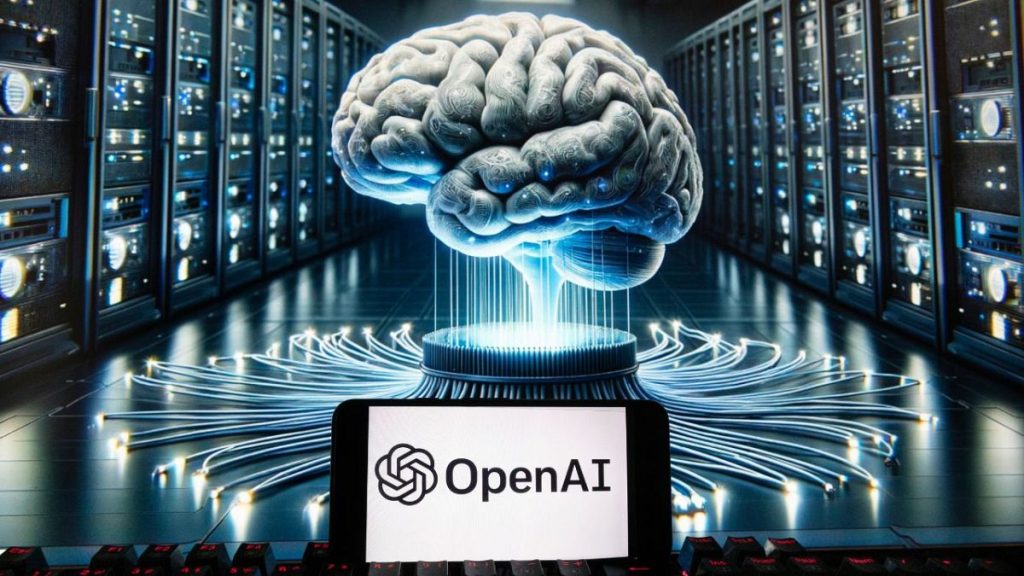OpenAI, the creator of the popular chatbot ChatGPT, has ventured into the realm of artificial intelligence (AI) agents with the launch of a research preview of its new product, Operator. Unlike conversational AI chatbots like ChatGPT, which primarily engage in human-like conversations and act as co-pilots, Operator is designed to perform autonomous actions on the web, essentially acting as a digital assistant capable of completing tasks independently based on user preferences. This marks a significant step towards more sophisticated AI applications that move beyond simple dialogue and delve into practical task execution. While currently available only to ChatGPT Pro subscribers in the United States, OpenAI plans to expand its availability to other countries, although a European release is not imminent.
Operator’s functionality hinges on its ability to interact with web pages in a manner similar to a human user. It can navigate websites, fill out forms, make purchases, book travel arrangements, and even create memes. This functionality is powered by its ability to “see” and interpret screenshots, effectively bridging the gap between visual information and actionable tasks. This capability distinguishes Operator from traditional chatbots, providing a more comprehensive and interactive user experience. Imagine having a digital assistant that can not only understand your requests but also execute them, from ordering groceries online to scheduling appointments, all without constant human intervention.
The underlying technology behind Operator, known as Computer-Using Agent (CUA), combines the power of OpenAI’s GPT-4 with advanced reasoning capabilities through reinforcement learning. This combination allows Operator to not only interpret user instructions but also learn and adapt to new tasks and scenarios, essentially mimicking the learning process of a human user. This learning capability is crucial for an AI agent, as it allows the agent to improve its performance over time and handle increasingly complex tasks with greater efficiency.
While Operator holds immense promise, it’s important to note that the technology is still in its early stages. OpenAI acknowledges that Operator is currently limited in its capabilities and prone to errors, particularly when faced with complex interfaces like slideshow creation or calendar management. This highlights the ongoing developmental nature of AI agent technology and the need for continuous improvement and refinement. The company is committed to further developing Operator and plans to integrate its functionalities into ChatGPT in the future, making it accessible to a broader user base.
The launch of Operator puts OpenAI in direct competition with other tech giants like Microsoft, Google, and Slack, who have also ventured into the AI agent arena. This burgeoning field holds significant potential for revolutionizing various industries, from customer service and human resources to data security and public sector operations. By automating tedious and time-consuming tasks, AI agents can free up human resources to focus on more strategic and creative endeavors. This shift could lead to increased efficiency, improved productivity, and ultimately, a more streamlined and effective workflow.
The envisioned future of AI agents extends beyond simple task execution. Experts predict that by 2025, enterprises will employ a multitude of these digital assistants, each specializing in different areas. Imagine an AI agent dedicated to customer service, capable of handling inquiries and resolving issues with remarkable speed and accuracy. Another agent could focus on human resources, automating recruitment processes and managing employee data. Yet another could bolster data security, constantly monitoring systems for potential threats and vulnerabilities. The possibilities are vast, and the potential benefits are immense, suggesting a future where AI agents become indispensable tools for individuals and businesses alike.














